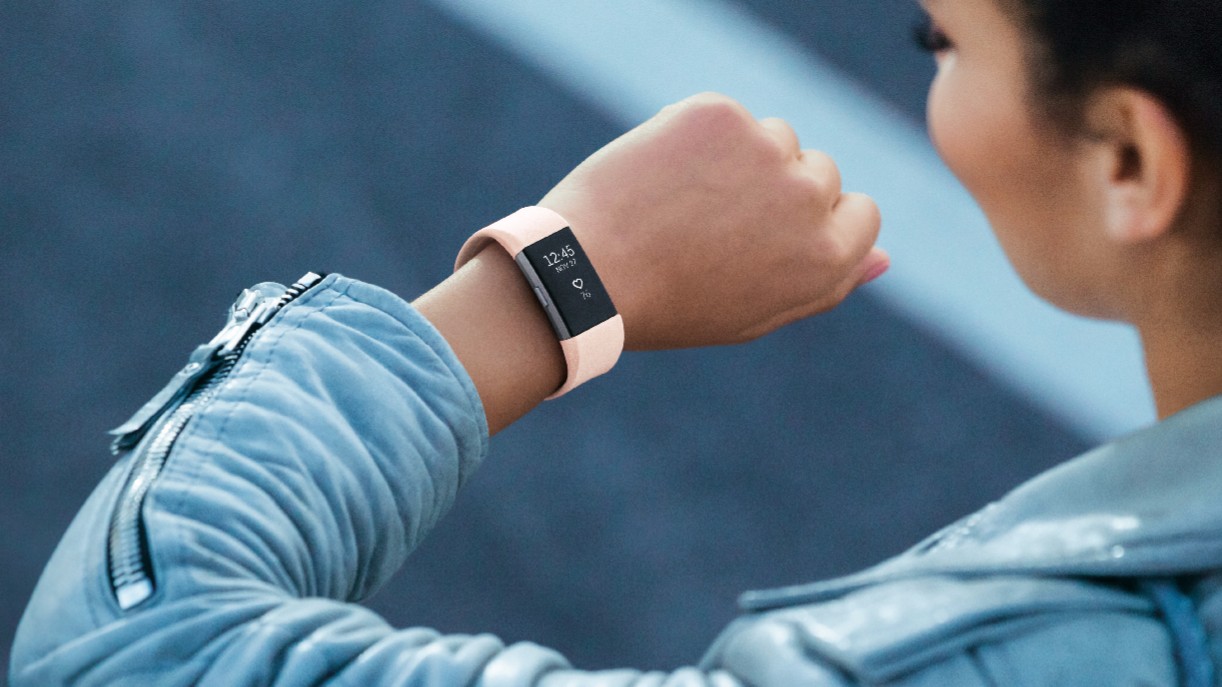Fitness trackers wildly inaccurate at counting calories

Fitness trackers are good at accurately measuring heart rate - but come nowhere near on calories burned.
The conclusion comes from a recent study by Stanford University investigating seven of the leading consumer activity trackers.
Each device was used to measure heart rate and calories burned during walking, running and cycling. Measurements were then compared to gold standard laboratory methods.
The devices tested were the Apple Watch, Basis Peak, Fitbit Surge, Microsoft Band, Mio Alpha 2, PulseOn and the Samsung Gear S2. A total of 60 people took part in the study.
Six out of seven of the devices could measure heart rate with an error rate of less than 5%.
However, none of the trackers accurately measured energy expenditure. The lowest error rate achieved by any of the trackers was 27%. The highest was an error rate of 93%.
“People are basing life decisions on the data provided by these devices,” said Euan Ashley, professor of cardiovascular medicine, of genetics and of biomedical data science at Stanford.
But consumer devices aren’t held to the same standards as medical-grade devices, and it’s hard for doctors to know what to make of heart-rate data and other data from a patient’s wearable device, he said.
More cold water on consumer wearables
The study adds to evidence doubting fitness trackers' ultimate claim of helping people lose weight.
Market leader Fitbit has been the main target, with users reportedly frustrated with inaccurate energy expenditure measurements.
Last year it was the subject of a lawsuit highlighting the inaccuracy of its "PurePulse" heart rate monitoring technology.
The common pitfall with many trackers is their underlying algorithms. Although they can measure a single variable like heart rate effectively, they make generalised assumptions for complex measurements like energy expenditure. Height, weight, fitness level and age can all affect calories burned.
The study comes at a bad time for Fitbit which is currently in talks with the NHS to bring its wristbands to the general public. The move is the company's way of pushing through a plateauing of public interest in its wristbands.











